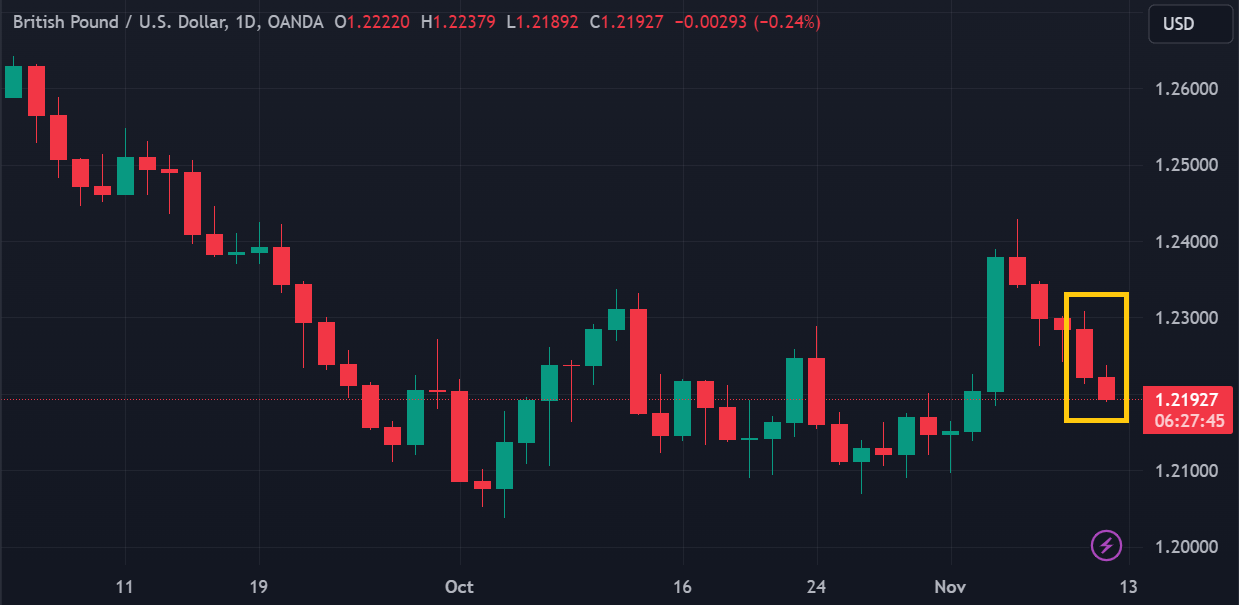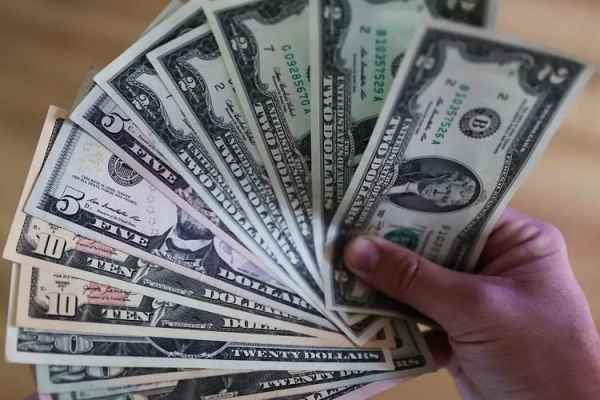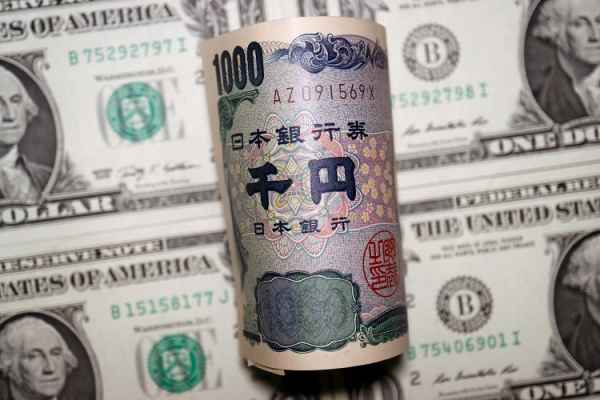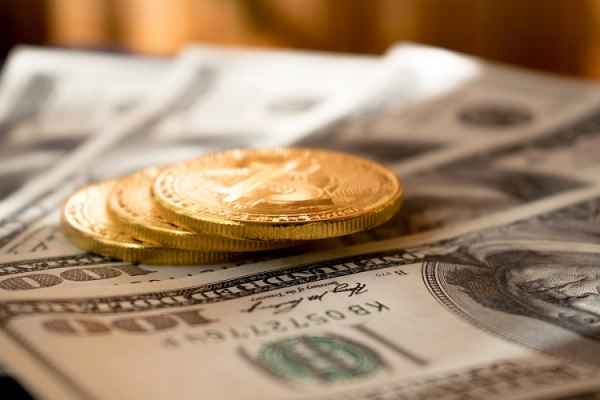The UK economy is likely to remain stagnant in the upcoming quarter, although not necessarily experiencing a recession. This situation is putting pressure on the Sterling in GBP/USD and EUR/GBP.
The British pound slumped in New York trading on Friday (November 10th). GBP/USD hit its lowest level of the week at around 1.2200, while EUR/GBP reached its highest level of the month at around 0.8750. Even better-than-expected economic data from the UK couldn't lift the Sterling's position against the Cable and other currency pairs.

The UK Gross Domestic Product (GDP) report shows a 0.2% month-over-month increase in September 2023, surpassing the consensus estimate of 0.0%. However, the UK GDP records zero percent quarterly growth. Annual GDP growth is also only 0.6%, identical to the previous period.
Other economic data for the UK in September 2023 tends to be mixed. Industrial production is in the green, but manufacturing output grows more slowly than expected.
The overall series of reports confirms the latest Bank of England (BoE) projections, stating that the economy will likely be static in the coming quarter, even though the UK may not necessarily experience a recession. This conclusion worsens market sentiment toward Sterling.
"The pound is failing to benefit as the scenario remains negative: at last week's BoE meeting, the new growth forecasts for 2024 were lowered from 0.5% to 0.0%, whereas the projection for 2025 was left at only 0.25%. This could marginally penalise the pound against the euro beyond the near term as well," says Asmara Jamaleh, an economist at Intesa Sanpaolo.
On the other hand, the USD is supported by the recent speech by the new Fed Chair. The Euro also outperforms the Sterling, as some market participants view the ECB's policy direction as slightly more hawkish than the BoE.
BoE Chief Economist, Huw Pill, confirmed market speculation about interest rate cuts in mid-2024. He expressed an opinion contrary to the majority of his colleagues openly. So far, no senior central bank officials from the US or Europe have expressed a dovish stance as explicitly.
"This was the first time a Bank insider had talked positively about loosening policy and contrasted with Pill's previous comments about a 'Table Mountain' profile for rates, so this intervention appeared significant," says Andrew Goodwin, Chief UK Economist at Oxford Economics.

 Dedicated FREE FOREX VPS
Dedicated FREE FOREX VPS Free FOREX Virtual Private Server
Free FOREX Virtual Private Server MT4 Demo Contest, Get $500
MT4 Demo Contest, Get $500 Sign Up for an Account, Claim 60% Deposit Bonus
Sign Up for an Account, Claim 60% Deposit Bonus Free MT4/MT5 VPS 2024
Free MT4/MT5 VPS 2024 Send E-mail and Get Free Merchandise
Send E-mail and Get Free Merchandise $1K Refer a Friend Bonus for Pepperstone Pro clients
$1K Refer a Friend Bonus for Pepperstone Pro clients Maximize Your Earnings with 100% Deposit bonus
Maximize Your Earnings with 100% Deposit bonus Trade to Win, $5,000 Monthly Demo Contest
Trade to Win, $5,000 Monthly Demo Contest Claim 30% + 15% Deposit Bonus from LiteFinance
Claim 30% + 15% Deposit Bonus from LiteFinance






